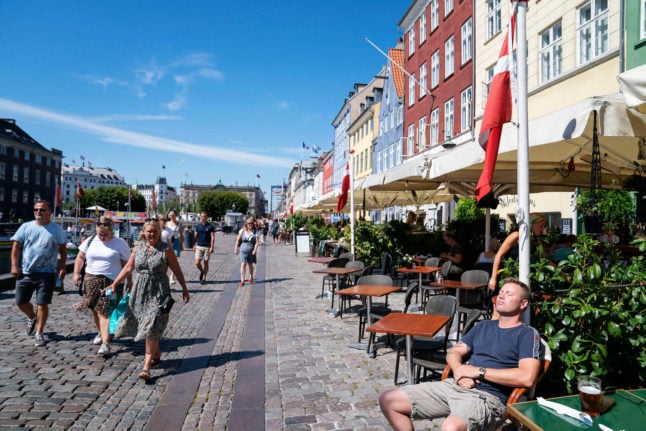The goal of the attack was to shoot and kill as many people as possible within 20 minutes, according to recordings made by Danish security service PET and published on Monday in the Ekstra Bladet newspaper, according to Danish news agency Ritzau.
The three men traveled to Denmark during the evening of December 29th. They then met in an apartment on Mörkhöjvej in the Herlev neighbourhood near the Danish capital to discuss how they would attack the Jyllands-Postens newspaper.
In a joint prayer, one of the men said, “When the unfaithful are gathered, tie them up and cut their throats.”
Their goal was to shoot and kill as many as possible in a 20-minute time span. Following the prayer, the left the flat, but were then arrested by police. During a search of the premises, PET found automatic weapons, silencers, and heavy duty tape.
Last Thursday, the court in Glostrup decided that the three men from Sweden arrested in Denmark, Munir Awad, a 29-year-old Swede born in Lebanon, 30-year-old Swede Omar Abdalla Aboelazm and 44-year-old Tunisian national and Swedish resident Mounir Dhahri, should remain in solitary remand.
On Monday, the Attunda District Court north of Stockholm renewed a remand order for Sahbi Zalouti, a 37-year-old a Swedish citizen of Tunisian decent, who was arrested in Stockholm and believed to have been involved in planning the attack.
All four suspects deny involvement in planning any terror activities.
In 2005, the Jyllands-Posten newspaper published twelve caricatures of the prophet Muhammad, sparking outrage throughout much of the Muslim world. Several Muslim extremists offered rewards to anyone who killed those responsible for the cartoons.



 Please whitelist us to continue reading.
Please whitelist us to continue reading.